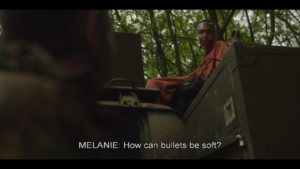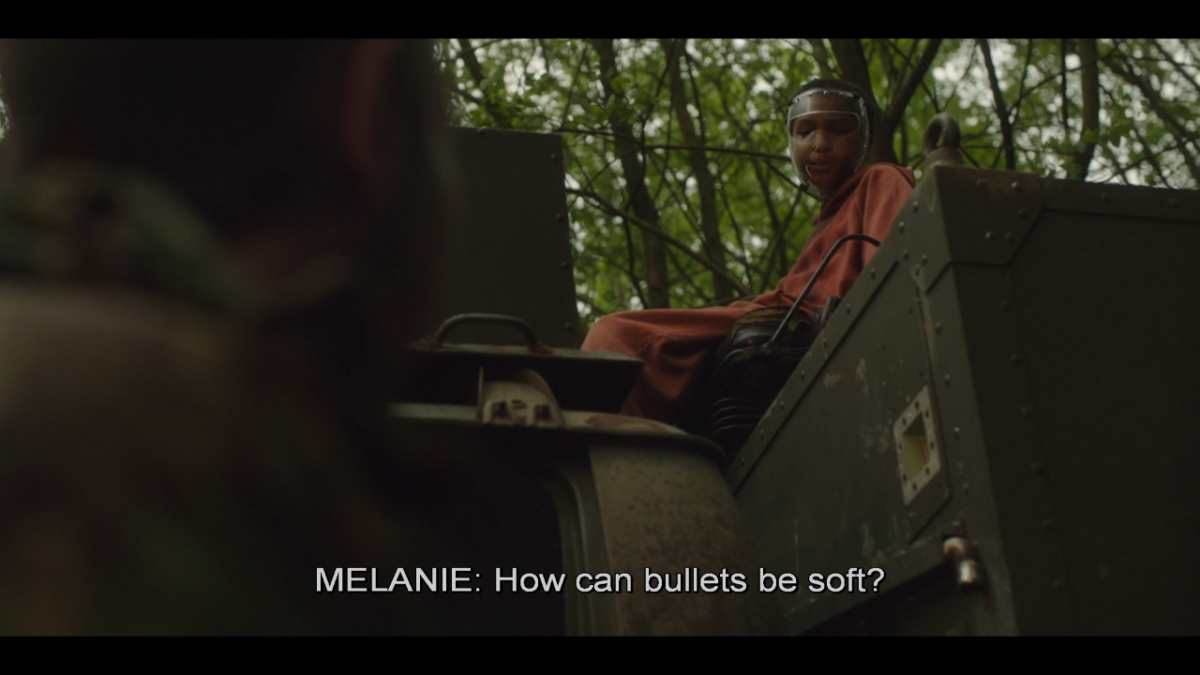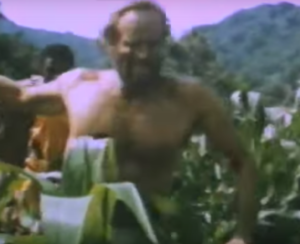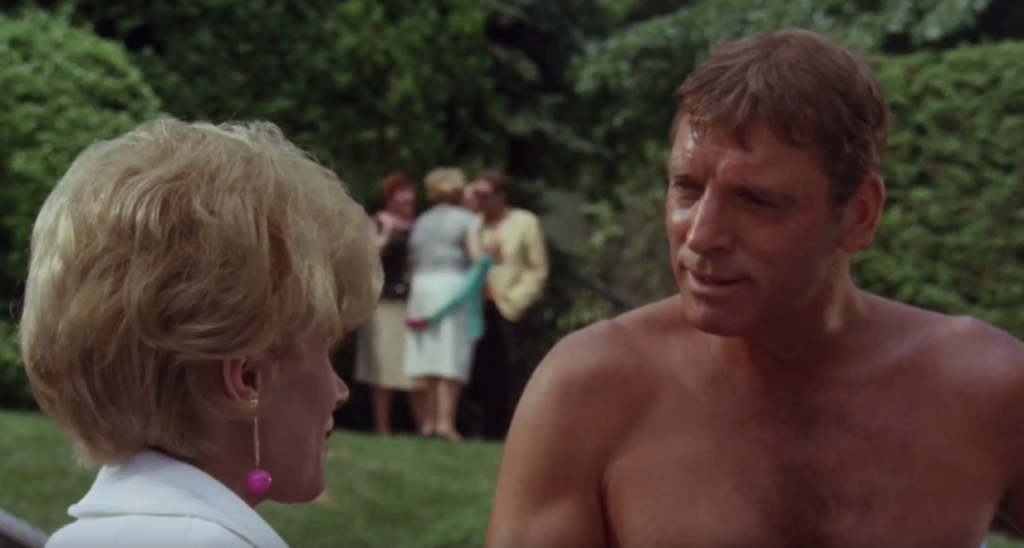It is a fair bet that any film described by critic Jay Weissberg as “[a] tired attempt to board the zombie bandwagon . . . ” can happily hitch a ride with us. Sure, the film is a bit heavy handed at times, but maybe every fucking person in the United States should be slapped around a little bit. We loved the film, based on the book by M. R. Carey, and look forward to its release in North America.
Our favorite character is Melanie, a young black girl growing up in prison. If it is not thought provoking to see a group of heavily armed, mostly white people so terrified of a petite black girl that they keep her in Hannibal Lecter style restraints for most of the movie, then you probably live in South Dakota and think racism is something the Texas School Board of Education includes in children’s history books as a footnote somewhere near the hills of Georgia.

The narrative, and sometimes feel, of this movie draw favorable comparisons to The Last of Us, which finally convinced a lot of parents to throw in the towel and decide that video games might possibly be capable of artistic achievement. Both build on the not implausible idea that a fungus could give humankind a run for its money. We have not put up much of a showing lately, and, as it turns out, fungi have been carrying a lot more weight than we thought. The Girl With All the Gifts also shares some commonalities with one of Warren Ellis’s better recent comics, Trees, which is worth picking up at your local comic book shop.
The pacing is sometimes slow, following Melanie’s still-sharp mind as she attempts to make her way in the only world she has ever known. Rather than detract from the film, it evokes the same feelings this viewer had watching children dancing under sunlight in David Gordon Green’s George Washington. What Melanie realizes is that the “end of the world” just means “the end of humanity as we know it.” Frankly, that might be a welcome development.
As we recall, we have been promised that the world will never again be destroyed by flood. We do not remember any such promise with respect to fungi.
By the way, those zombies are what you look like visiting Times Square. Except the zombies move a lot faster and seem to have a goal in mind.



